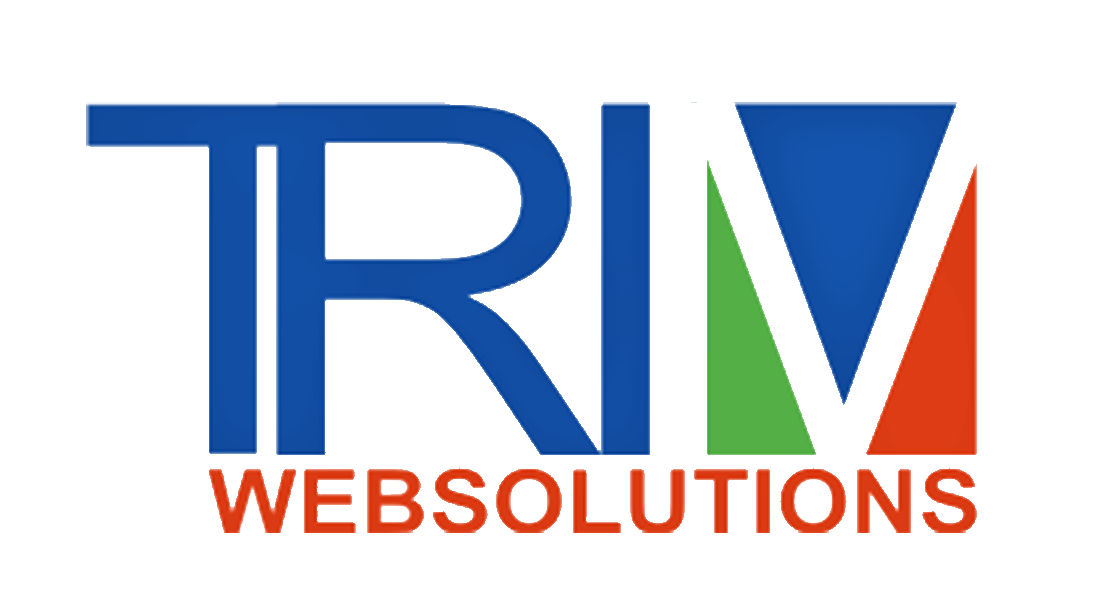Marketing Strategies

Understanding Marketing: Strategies, Importance, and Impact
Marketing is an essential component of any business, serving as the bridge between companies and their target audiences. It encompasses a wide range of activities aimed at promoting products or services, attracting customers, and ultimately driving revenue. From traditional advertising methods to digital marketing strategies, businesses leverage marketing to create brand awareness, generate leads, and build lasting relationships with customers.
What is Marketing?
Marketing refers to the process of identifying, anticipating, and satisfying customer needs through strategic planning and communication. It involves various activities such as market research, branding, advertising, sales promotion, and customer engagement. The primary goal of marketing is to connect businesses with potential customers, establish trust, and persuade them to take action—whether it's making a purchase, signing up for a service, or engaging with the brand.
Over the years, marketing has evolved significantly. While traditional marketing methods such as print ads, television commercials, and billboards are still relevant, the rise of digital marketing has transformed the industry. Businesses now use online platforms, search engines, social media, and email marketing to reach a global audience more effectively.
The Importance of Marketing in Business
Marketing plays a critical role in the success of a business. Here’s why it is essential:
-
Brand Awareness – Marketing helps businesses introduce their brand to potential customers. Through consistent messaging and effective campaigns, businesses can establish their identity in the marketplace.
-
Customer Engagement – Engaging customers through various marketing channels builds trust and loyalty. Businesses that interact with their audience through social media, emails, and personalized content can create stronger connections.
-
Lead Generation and Sales Growth – Marketing strategies, such as SEO, paid advertising, and email campaigns, help businesses attract leads and convert them into customers, ultimately boosting revenue.
-
Market Research and Customer Insights – Through marketing efforts like surveys, analytics, and competitor analysis, businesses gain insights into customer preferences, market trends, and buying behavior. This data helps in making informed business decisions.
-
Competitive Advantage – Effective marketing allows businesses to differentiate themselves from competitors. Companies that invest in innovative marketing strategies can position themselves as industry leaders and gain a competitive edge.
Types of Marketing
There are several types of marketing strategies that businesses can use to achieve their goals. Some of the most common include:
1. Traditional Marketing
Traditional marketing includes offline methods that have been used for decades. These include:
- Print advertising (newspapers, magazines)
- Television and radio commercials
- Billboards and posters
- Direct mail marketing (flyers, brochures)
While digital marketing has gained popularity, traditional marketing is still effective, especially for local businesses and brands targeting older demographics.
2. Digital Marketing
Digital marketing refers to online strategies that leverage digital channels to reach audiences. Some of the key digital marketing techniques include:
- Search Engine Optimization (SEO): Optimizing website content to rank higher on search engines like Google, making it easier for customers to find a business.
- Content Marketing: Creating valuable and informative content (blogs, videos, infographics) to educate and attract potential customers.
- Social Media Marketing: Using platforms like Facebook, Instagram, Twitter, and LinkedIn to engage audiences and promote products.
- Email Marketing: Sending targeted emails to subscribers with promotions, newsletters, and personalized offers.
- Pay-Per-Click Advertising (PPC): Running paid ads on search engines or social media platforms to drive traffic to a website.
- Affiliate Marketing: Partnering with influencers or other businesses to promote products and earn commissions on sales.
Digital marketing offers measurable results, making it easier for businesses to track campaign performance and optimize strategies accordingly.
3. Content Marketing
Content marketing focuses on creating and sharing valuable content to attract and retain customers. This includes:
- Blog posts and articles
- Videos and podcasts
- E-books and whitepapers
- Infographics and case studies
By providing high-quality content, businesses establish authority in their industry and build trust with their audience.
4. Influencer Marketing
Influencer marketing involves partnering with social media influencers, bloggers, or industry experts to promote products or services. Influencers have loyal followings, and their recommendations can significantly impact consumer purchasing decisions.
5. Affiliate Marketing
In affiliate marketing, businesses collaborate with third-party affiliates who promote their products in exchange for a commission. This strategy helps companies expand their reach and generate sales without upfront advertising costs.
6. Event Marketing
Event marketing includes hosting or sponsoring events to engage customers and create brand awareness. These events can be online (webinars, virtual conferences) or offline (trade shows, networking events).
The Marketing Funnel: Understanding the Customer Journey
Marketing follows a structured approach known as the marketing funnel, which represents the stages a customer goes through before making a purchase. The main stages include:
- Awareness – The customer becomes aware of the brand through marketing efforts such as social media, search engines, or word-of-mouth.
- Interest – The customer shows interest in the product or service by visiting the website, reading content, or following the brand on social media.
- Consideration – The customer evaluates the product by comparing options, reading reviews, or engaging with sales representatives.
- Conversion – The customer makes a purchase or takes the desired action.
- Retention – Businesses focus on maintaining customer relationships through loyalty programs, personalized offers, and excellent customer service.
The Future of Marketing
Marketing continues to evolve as technology advances. Some key trends shaping the future of marketing include:
- Artificial Intelligence (AI): AI-powered tools help businesses automate marketing tasks, personalize customer experiences, and analyze data for better decision-making.
- Voice Search Optimization: With the rise of voice assistants like Alexa and Google Assistant, businesses are optimizing their content for voice search queries.
- Augmented Reality (AR) and Virtual Reality (VR): These technologies provide immersive marketing experiences, allowing customers to visualize products before purchasing.
- Personalization: Data-driven marketing enables businesses to deliver highly personalized content and recommendations based on user behavior.
Conclusion
Marketing is the backbone of any successful business, helping companies connect with their audience, build brand awareness, and drive sales. Whether through traditional advertising, digital marketing, or content creation, businesses must adapt to changing trends and consumer preferences to stay competitive. By leveraging innovative marketing strategies, companies can create meaningful customer relationships and achieve long-term success.
12 0 7
Write a Comments
* Be the first to Make Comment















